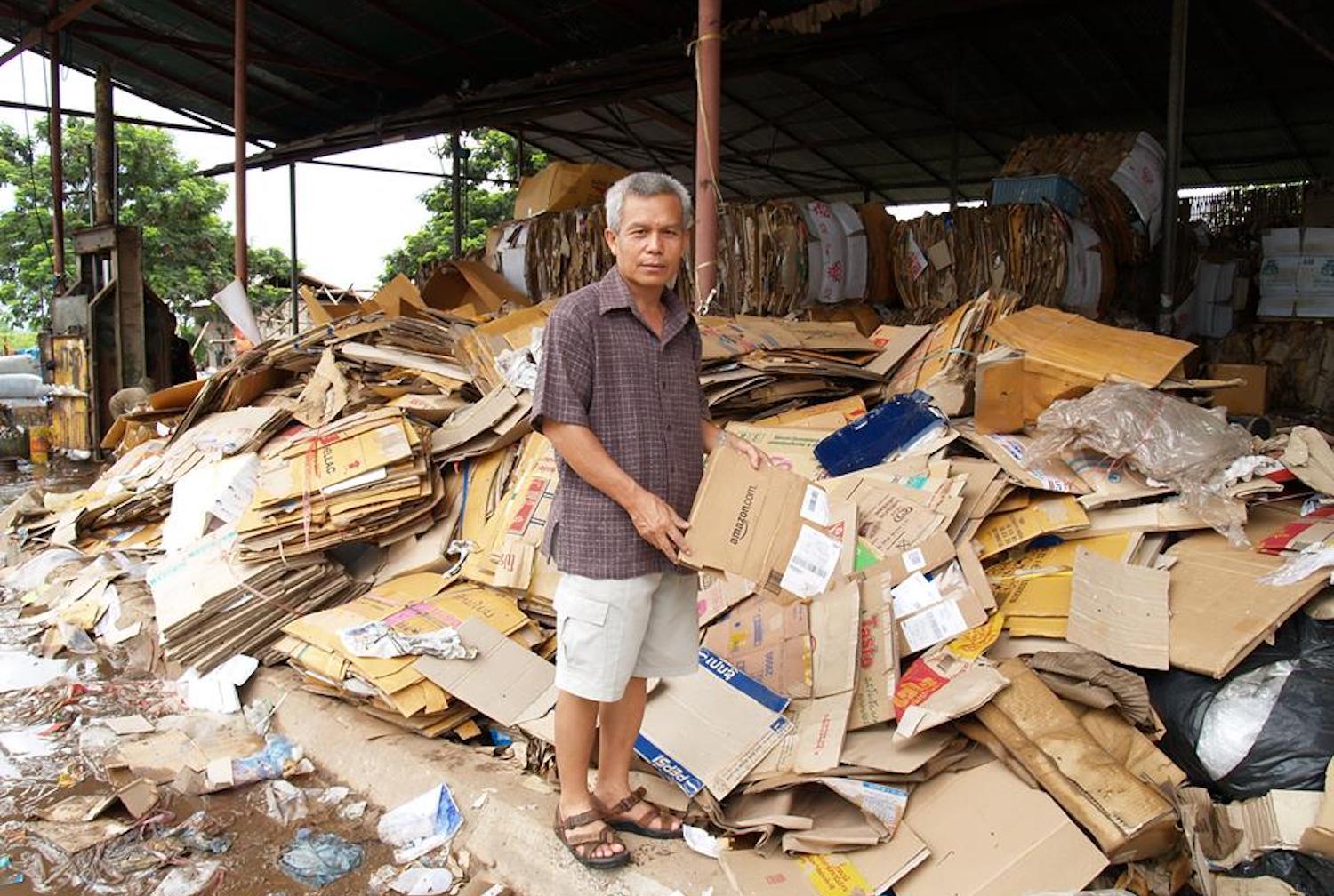Amnesty International: 06 September 2016

Nestled in the Mekong region, with mighty China to its north, is landlocked Laos. Famed for its sedate surroundings, and tragically the country where the U.S. dropped more than 260 million bombs during its war in Indochina, it rarely receives the attention received by its more prominent neighbours.
This week, Barack Obama will become the first U.S. President to ever visit the country for the ASEAN summit. In advance of the visit, US officials have spoken of an emerging partnership on development between the two countries, which focuses on health, nutrition and basic education.
As visitors frequently note, the pace of life is slow in Laos, remarkably so. But beneath the tranquil surface that President Obama will encounter, there lurk endemic human rights problems.
The stopover in Laos offers reporters a rare opportunity to raise urgent questions with officials. Questions that local people cannot ask because the severe reprisals they may face. Anticipating this scrutiny, Laos has imposed stringent restrictions on the media. Foreign journalists must pass all their reports by a government censor before filing them.
Naturally, journalists will want to shake off the minders assigned to shadow their movements. These restrictions, however excessive, are just irritations when compared to repressive measures that ordinary people in Laos live with on a daily basis.
To offer an example, last year a woman named Phout Mitane was arrested in Xayaburi province after a photograph she took appearing to show police extorting money from her brother was posted online. For such a simple act, she was detained for two months.
Journalists may also want to ask after the whereabouts and well-being of Lodkham Thammavong, Somphone Phimmasone, and Soukan Chaithad, three democracy activists who were arrested in March this year, after returning to Laos from Thailand to renew their passports. The three had posted criticisms of the government online and had taken part in a pro-democracy demonstration at the Laos embassy in Thailand.
On returning to the country, they disappeared into the criminal justice system. They were held incommunicado for two months before appearing on state-run television in a report that condemned them for threatening national security through social media postings. Their whereabouts remain unknown.
There’s also the case of Bounthanh Thammavong, a Polish national of Lao descent, who was jailed last year for four-and-a-half years for criticizing the ruling party on Facebook. Scant information has been made available about his well-being.
And there is the question that no one in Lao feels safe asking: ‘Where is Sombath Somphone?’
A prominent civil society member, stopped by police and filmed being driven away in truck in December 2012, Sombath has not been seen or heard from since. His case has come to be viewed as emblematic of the issue of enforced disappearances in Laos, where eight other cases have been brought to the attention of the UN group that investigate the human rights violation, and indeed crime, of enforced disappearance.
The Lao government has failed to order an independent investigation into Sombath’s disappearance and has resisted efforts to have his case discussed at previous ASEAN events.
The entourage that will sweep in with Air Force One has two choices. They can soak in the serenity of Laos, and leave the trip with few impressions except those marked down on their passports by immigration authorities. Or they could try and get answers the people of Laos have long waited for – and fear to ask.

